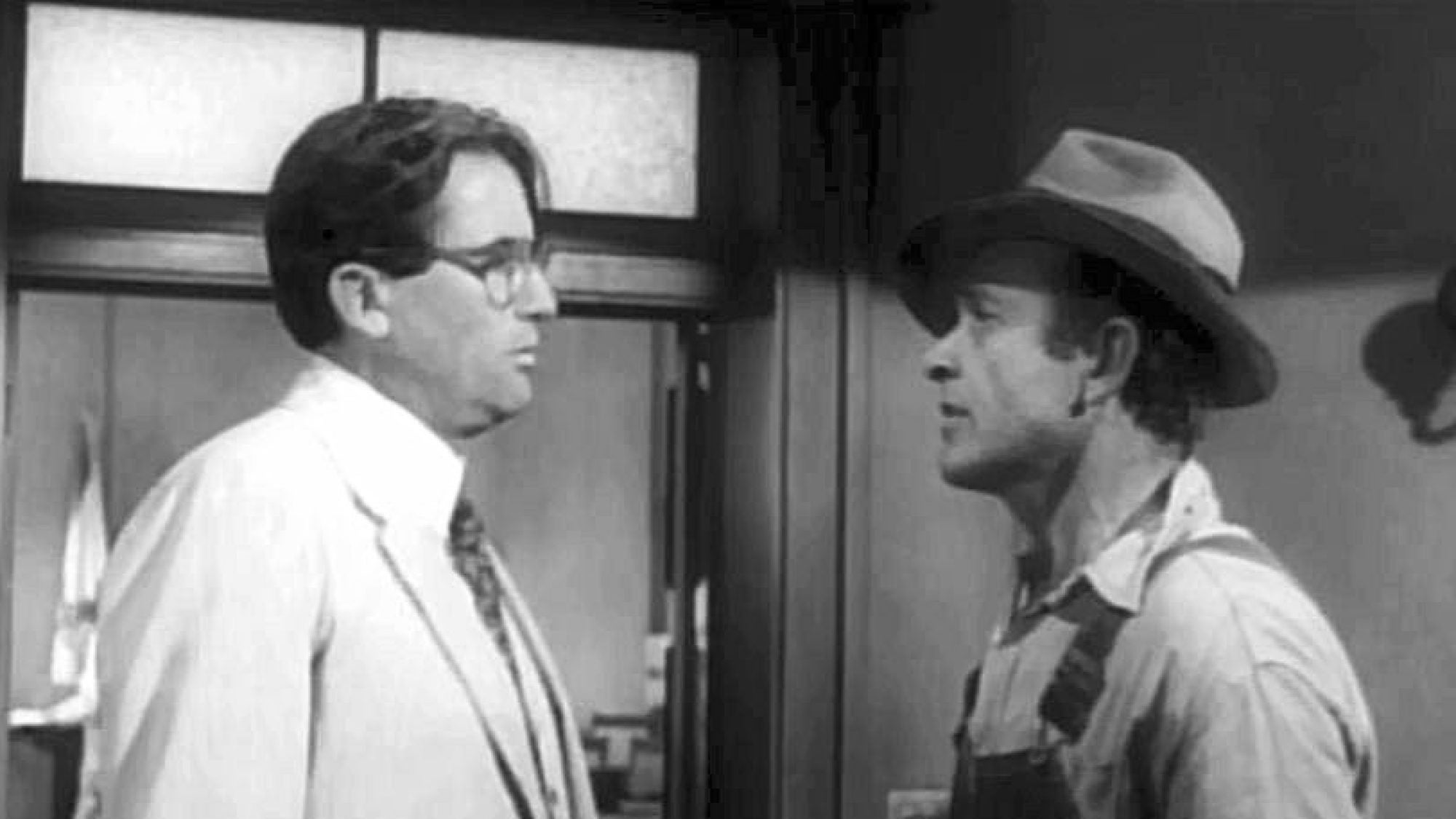
Title: Mockingbird Morality in Global Politics
The Capitol recently commemorated the fiftieth anniversary of the 1963 “March on Washington for Jobs and Freedom” during which Martin Luther King delivered his “I Have a Dream” address. Three years beforehand, Harper Lee published one of the great works of American literature, To Kill a Mockingbird.
The Capitol recently commemorated the fiftieth anniversary of the 1963 “March on Washington for Jobs and Freedom” during which Martin Luther King delivered his “I Have a Dream” address. Three years beforehand, Harper Lee published one of the great works of American literature, To Kill a Mockingbird.
Half way through college at Duke, my daughter read the book for the first time this summer. I explained to her why in my “Ethics and Decision-Making” course in the Georgetown Master of Science in Foreign Service Program—even though one in three students is not a U.S. national—I have made the book recommended reading and shown the 1962 film version. To Kill a Mockingbird offers crucial insights on human rights and U.S. foreign policy.
First, the book shows that while the United States has played a leading role calling out other governments for human rights abuses, it has had systemic human rights abuses of its own. For instance, slavery’s abolition left long legacies of racial discrimination, hate, and violence.
If the United States is to be an energetic and effective promoter of human rights internationally, it must acknowledge the sins of the past and of the present. That is why the report of the Senate Select Committee on Intelligence on alleged torture of detainees should be declassified. It would help the United States more credibly urge other governments not to torture.
Second, the book depicts a man standing up for what is right within a system that exhibits systemic and societal injustice. Attorney Atticus Finch, despite the rancor he would earn, felt compelled to represent Tom Robinson. The most powerful scene is when Finch sits all night in front of the jail where Robinson is being held before trial to prevent a mob taking justice into its own hands. Those in government, private sector, or civil society need to be willing to speak or stand up for what is right, even when their career or social standing will suffer.
Third, the book shows that agents of hatred and violence against a marginalized group are often in modest or desperate lots in life themselves. A poor white man Bob Ewell resorted to lies and violence to keep a black man on an even lower rung of society. Around the world, many who repress and violate other groups do so to feel more powerful—such as the Arabs who have seized the land and resources from, raped, or killed non-Arabs in Darfur, and continue to.
Human dignity demands social recognition of all people as inherently valuable. Yet too often human beings seek recognition at the expense of other groups, treating them as less than human.
Still, such prejudice and hate are socially acquired rather than natural. Lee uses Finch’s tomboy daughter Scout as narrator to depict this truth. Just as this wee feminist has not acquired the societally-demanded behavior of a dress-wearing, demure girl, she has not yet “learned” the racial prejudice of the Depression-era American South. When Scout and Jem sit in the courtroom balcony for African-Americans, Scout senses nothing odd in doing so nor embarrassing to her father among whites.
Last, there are lessons for world affairs from Finch’s evolved thinking on whether to live by the letter of the law when injustice is the result. He accepts the jury’s guilty verdict for Robinson as final, despite the evidence of his manifest innocence Finch deftly presented. Yet when Sheriff Tate insists social recluse Boo Radley not be turned in or tried for killing Bob Ewell when the latter attacked the Finch children, Finch defers to Tate.
Perhaps this evolution reflects the fact that not only do systems which have trappings of rule of law exhibit injustice, but sometimes justice requires not playing by the book. Was Nelson Mandela wrong as President of South Africa not to pursue punishment of Nationalist Party whites responsible for violence against blacks and torture of political prisoners, and seek reconciliation? Is it wrong to provide a prosecution-free “retirement” to a repressive autocrat in order to reduce suffering, like exiled former Tunisian President Ben Ali?
Sometimes the United States does what it considers just without a multilateral imprimatur. Examples include the U.S. leading NATO in bombing Serbia to stem ethnic cleansing in Kosovo without a Security Council mandate, and killing Osama Bin Laden without trial. Yet just because the United States has the capacity to kill a suspected terrorist by drone strike or overthrow an aggressive government does not mean it is always the most prudent move.
So “Mockingbird morality” informs global justice and U.S. foreign policy. The United States needs to be a better model to be a legitimate promoter of dignity abroad. Justice requires speaking truth to power. Groups often treat others as subhuman, but such hatred is learned behavior. And global good is sometimes achieved by refusing to go “by the book,” but best sparingly rather than reflexively.
Image Credit:trailer screenshot (Universal Pictures), Public domain, via Wikimedia Commons
This is an archived article. While every effort is made to conserve hyperlinks and information, GJIA’s archived content sources online content between 2011 – 2019 which may no longer be accessible or correct.
More News

We in the United States have long held one narrative of the Middle East—one of political instability, sectarian unrest, and oligarchs protecting great wealth in the hands of way too…

When the Georgetown Journal of International Affairs launched this online edition, I suggested that it address “human rights and human dignity.” Why dignity? As Anthony Clark Arend and I explore…

Georgetown professor Matthew Kroenig sat down with the Georgetown Journal of International Affairs to discuss his attendance at a recent meeting with Iranian President Hassan Rouhani in New York.